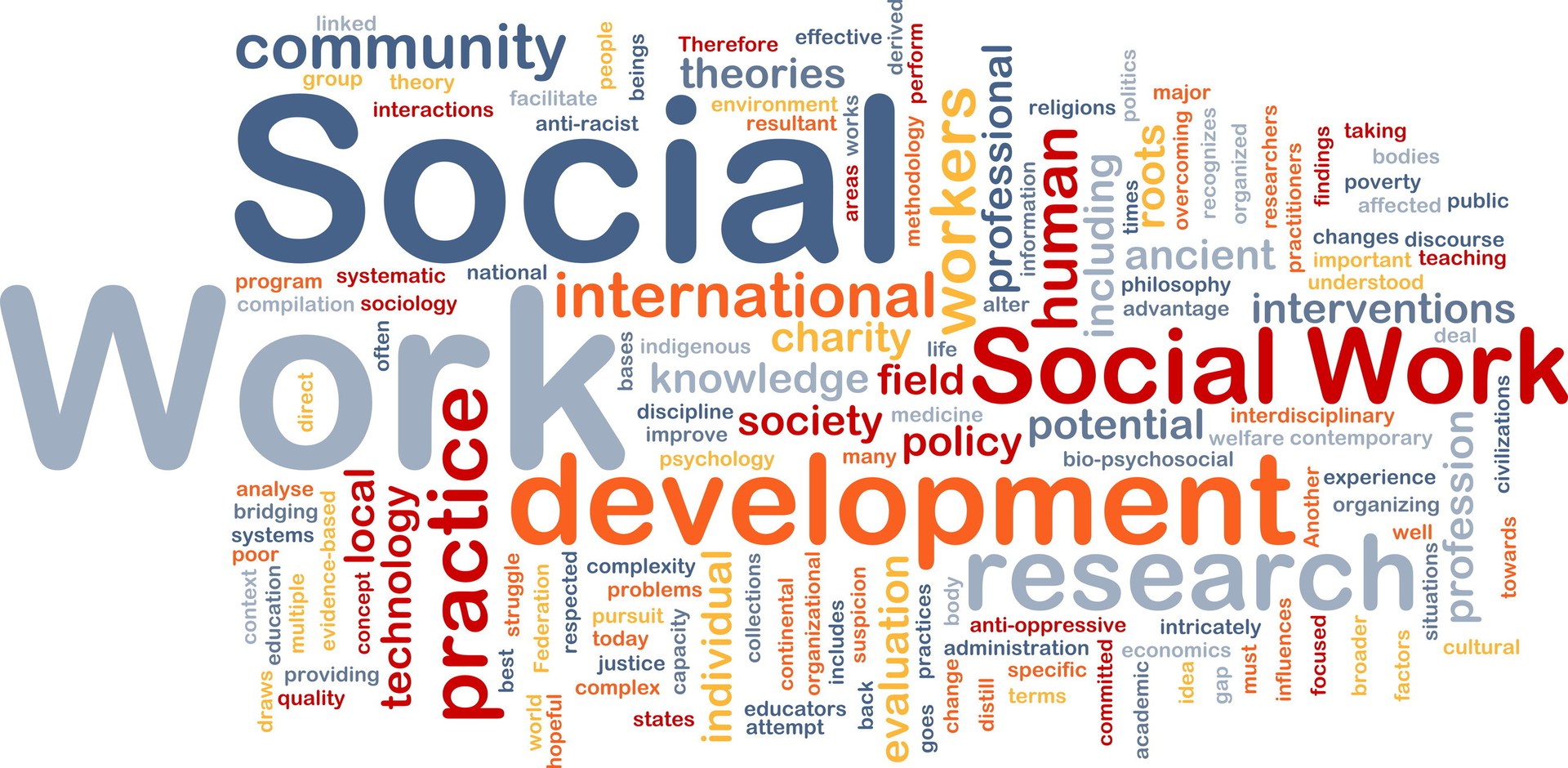Title
Predictors of Children’s Subjective Well-Being in Rural Communities of the United States
Journal Title
Child Indicators Research
Publication Date
2015
Abstract
This study examined children’s subjective well-being in a rural Midwestern United States sample of children (N = 1,286). Fifth grade (M age = 10.66, SD = .55, range 10–12 years) and 7th grade (M age = 12.63, SD = .55, range 12–14 years) children completed an adapted version of the previously tested Children’s Worlds survey, measuring children’s subjective well-being. Surveys included individual factors (age, gender, number of residences), contextual factors of home and family (home environment, family relationships, parent involvement), life and neighborhood (financial resources, life stress, neighborhood quality), school (teacher relationships, school climate, school satisfaction), and peers (peer relationships), and subjective well-being measures for life satisfaction, mental health, and self-image. Though children’s subjective well-being was predicted by a number of individual, home and family, life and neighborhood, school, and peer variables, the strongest predictors of child well-being were relationships, school, and gender (males had higher scores). The reliability of the regression models were assessed by bootstrap resampling. Results are discussed in the context of an ecological, relationship-based framework of child well-being.
Keywords
Childhood, Well-being, Ecological context, Rural, Relationships
Document Type
Article
Disciplines
Social and Behavioral Sciences | Social Work
Volume
8
Issue
1
First Page
177
Last Page
198
DOI
10.1007/s12187-014-9287-x
Recommended Citation
Newland, Lisa; Lawler, Michael J.; Giger, Jarod T.; Roh, Soonhee; and Carr, Eliann R., "Predictors of Children’s Subjective Well-Being in Rural Communities of the United States" (2015). Department of Social Work. 56.
https://red.library.usd.edu/socialwork/56


